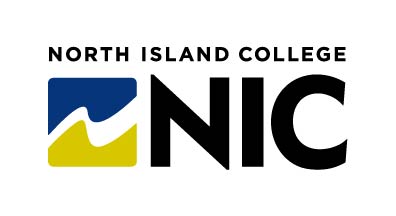The BC Early Learning Framework (2019) offers the question “what is knowledge?”. At North Island College (NIC) we believe that as mentors you have information, experiences, and practices that are integral to the knowledge development of students in the Early Childhood Care and Education program. As a mentor you have the opportunity to share your knowledge with students while engaging in collaborative dialogue about what they are learning in the classroom.
As a mentor you also have the opportunity to learn alongside the student about current research, different perspectives, and professional development. Having students at the centre may provide opportunities for you to engage in projects and activities that may otherwise not be possible. When students are supported by mentors who love their work with children they are inspired to be their best as well. The children, families, and centres then benefit from committed educators entering the field.
Both the student and the mentor “can engage in a mutually beneficial reflective practice partnership. For the new ECE, this can help confirm their career choice and for experienced educators it can reignite their passion for the field” (Doan & Gray, 2021, P. 21).
Mentorship comes with responsibilities and benefits, and we are so grateful that you have taken the time to support students to be well-rounded and confident as early childhood educators entering the workforce.
References
Doan, L., & Gray, C. (2021). Mentorship as a strategy to address recruitment and retention in the early years sector. The Early Childhood Educator.
Province of British Columbia. (2019). British Columbia Early Learning Framework.
